If you’re starting in scuba diving, you might be wondering why more experienced people can stay underwater for longer than you.
On the face of it, it seems that how fast you empty your tank is the only thing that’s going to decide how long your dive is.
However, we will see that many factors will determine the length of time you can stay underwater.
- 9 Factors That Determine How Long You Can Stay Underwater
- What’s the Longest Scuba Divers Can Stay Underwater?
- How Long Do Scuba Dives Last on Average?
- What Are the Advantages of Staying Longer Underwater?
- What Are the Downsides of Longer Dives?
- Can I Calculate How Long I Will Be Able To Stay Underwater?
- What’s the Record for the Longest Time Underwater Scuba Diving?
- Conclusion
- You Might Also Like…
Disclosure: this post contains affiliate links (clearly marked with ), which means we may earn a commission if you buy something through them, at no additional cost to you.
9 Factors That Determine How Long You Can Stay Underwater
1. Breathing Rate
Naturally, the faster you breathe, the quicker you’re going to get to the agreed safety limit (usually 500 psi or 50 bar) and have to end your dive before you run out of air.
If a group of recreational scuba divers all make the same dive profile (matching depths and time) in the exact location and dive with the same size tank, then the main factor that will control their dive time is how fast they breathe compared to one another.
Slowing down and relaxing your breathing rate is one of the best ways newer divers can get longer underwater.
Breathing rate will only improve with practice, and some people will always use more air than others.
2. Tank Size
The most common size of scuba tank you’ll find in resort dive centers is the 80-cubic-foot aluminum (aluminum 80/12l) or the 71.2-cubic-foot steel (steel 72/12l).
One of these is probably the size of tank that you learned to scuba dive with, and how fast you drain it is the benchmark that you’ll likely use to compare yourself with other divers.
However, there are larger tanks for people who need to carry more gas.
They might be doing a particular dive that they need more gas for (like a deeper dive), or it could be that they are just a heavier breather.
Commonly, you’ll find bigger tanks available to rent at good dive shops to cater to guests who need more air.
Technical divers making deep or long dives will carry two tanks on their backs, and several other tanks hung from their sides.
So it might seem that to get longer dives, all we need to do is carry a big enough tank.
However, as we will see, other factors control our dive time, irrespective of how much air we have.
3. No Decompression Limit
No decompression limits (NDL) control recreational divers.
This is the maximum amount of time you can spend at a particular depth before you must ascend and make your safety stop to end the dive.
The deeper you go, the shorter the no decompression limit will be.
You calculate the no decompression limits by planning your dive on a dive table like the PADI Recreational Dive Planner (RDP) or with a dive computer.
Using a dive computer is the easiest and most accurate way to track your no decompression time.
Your coumpter works out the NDL as you dive taking into account the exact depths you’ve been at and for how long.
So, for recreational scuba divers, the no decompression limit means that they will need to end their dive after a specific time, irrespective of how much air they have in their tank.
Remember that the NDL are reduced when you’ve already made a dive.
You might not be able to make a long dive if you’ve only just got back to the surface.
Technical divers with special training will dive past the no decompression limits.
However, other factors still limit the lengths of their dive.
4. Depth
How deep you dive affects how long your dive will be.
Firstly, the deeper you go, the faster you will use your air.
There is a practical limit to the size or number of tanks that anyone can carry, so you will eventually reach a point where a deeper dive will accordingly be shorter than a shallower one.
Secondly, as we have just discussed, the deeper you dive to, the shorter your no decompression limit will be.
So, typically deep dives will always be shorter than shallower dives.
5. Water Temperature
For a lot of people, the water temperature affects how long their dives are.
Although you can use thick wetsuits for diving, or even drysuits, at some point, the cooling effect of water will make you too cold to continue.
Hypothermia can be very dangerous, so if you start to get too cold, it’s time to end your dive no matter how much air you have left.
Many scuba divers will plan shorter dives in cold water and save their long dives for trips to the tropics.
6. Planned Maximum Dive Time
Particularly when you are diving on an organized trip, there will be an agreed maximum dive time.
There are many reasons why they need to impose time limits.
It could be that the boat needs to move onto the next destination or return to the dock by a specific time.
It might be that the chef needs to plan when to have the lunch ready.
Or it could just be that there needs to be an agreed maximum time so that the surface cover can be aware when something might have gone wrong.
Always adhere to agreed maximum dive times irrespective of how much fun you might be having or how much air you have left.
7. Experience
More experienced divers will generally be able to spend longer underwater.
An experienced diver will probably use their air more slowly than someone newer to the hobby by having better buoyancy control and calmer breathing.
8. Effort
If you’re making a dive where you’re putting in a lot of effort, you’ll probably use your air faster and have a shorter dive.
Drift dives can be a lot of fun, but if you have to work against a strong current, it’s very easy for your breathing rate to rocket.
9. Comfort and Enjoyment
How you’re feeling can dramatically affect how fast you use your air and consequently how long your dive is.
If you have a relaxing dive along a tropical reef, you can probably have a nice long dive.
But if you’re excited about diving with sharks, you might find your air running out a bit quicker.
If you are uncomfortable or not enjoying the dive for whatever reason, you can decide to have a short dive.
Anyone can end a dive for any reason. If you’re not enjoying it, just let your buddy know.
What’s the Longest Scuba Divers Can Stay Underwater?
As we have seen, many factors limit how long a dive can be.
If it were just a case of spending as much time underwater as possible, then the most important would be the divers air supply, how they will manage the decompression time limit, and the water temperature.
If you could have enough tanks, the temperature would likely be the most significant barrier for a really long dive.
You’d also need to be able to feed and hydrate yourself underwater too.
Record beating long dives have had to manage these problems, and ultimately it’s one or more that bring the dive to an end.
How Long Do Scuba Dives Last on Average?
For most people, the maximum of one hour is a pretty practical and realistic time limit.
After this time, most scuba divers have reached the safety stop gas limit or 500 PSI / 50 bar, or they’ve got sufficiently cold that they want to get out.
Typically, after one hour, they are hungry, thirsty, or need to use the bathroom.
What Are the Advantages of Staying Longer Underwater?
The longer you’re underwater, the more chance you have of seeing something exciting.
Scuba divers who spend longer underwater will probably enjoy it more and have better skills than people who only make shorter dives.
As scuba diving can be good exercise, you’ll burn more calories on longer dives too.
What Are the Downsides of Longer Dives?
If you need to take a bigger tank to make a longer dive, it will be more expensive.
Extended technical diving requires costly training and equipment.
However, the most significant disadvantage to long dives is usually the cold.
Even with a thick wetsuit or drysuit, you will get cold eventually.
If you spend a really long time underwater, you’re going to get hungry and, more importantly, thirsty.
Remember that dehydration is something that can make you more likely to suffer from decompression sickness.
So if you were making exceptionally long dives, you would need to have a way to eat and drink.
Spending a really long time underwater may also simply get a little boring.
We don’t recommend making long dives just for the sake of it, as you might risk ruining the enjoyment.
Can I Calculate How Long I Will Be Able To Stay Underwater?
To work out your no decompression limit for your dive, you’ll need to use a dive table or dive computer.
You can calculate how long your air supply will last by making a test underwater to find out your breathing rate.
You can then see which will be the main limiting factor for your dive.
After this, you can use experience to determine if the temperature or another one of the reasons we have discussed might control how long you’re going to want to be underwater.
What’s the Record for the Longest Time Underwater Scuba Diving?
Records for the longest time underwater are essentially feats of endurance that test how long a diver can last before being affected by the temperature or other uncomfortable factors.
A typical record attempt will have logistical support providing an unlimited number of tanks that the diver can breathe from.
Record dives will usually be made in shallow water but will still carefully plan for the diver’s ascent.
Even in shallow water, there is a risk of decompression sickness if you are there long enough.
Accordingly, record dives are divided into the regular male and female categories and different temperatures and environments.
To give an accurate idea of what a “normal’ diver could achieve, there is even a record for the longest time on a single tank.
- Longest Time Underwater in a Closed Environment – 192:19:19 (hours:minutes:seconds)
- Longest Open Saltwater Dive – Warmwater (Male) – 145:25:25
- Longest Open Saltwater Dive (Female) – 51:25:00
- Longest Scuba Dive in Open Freshwater – 120:1:9
- Longest Open Saltwater Dive – Coldwater – 30:20
- Longest Submergence Underwater With One Cylinder – 8:20:38
Conclusion
Long dives underwater can be rewarding and fun, but they can also be cold and potentially dangerous.
Plan your long dives taking into account all the factors we’ve discussed, and you’ll be able to have fun and safe dives.
You Might Also Like…
-

How Do Scuba Divers Drink Water? 5 Possible Ways (+7 Tips)
-

How Long Can Scuba Divers Stay Underwater? (+9 Limiting Factors)
-
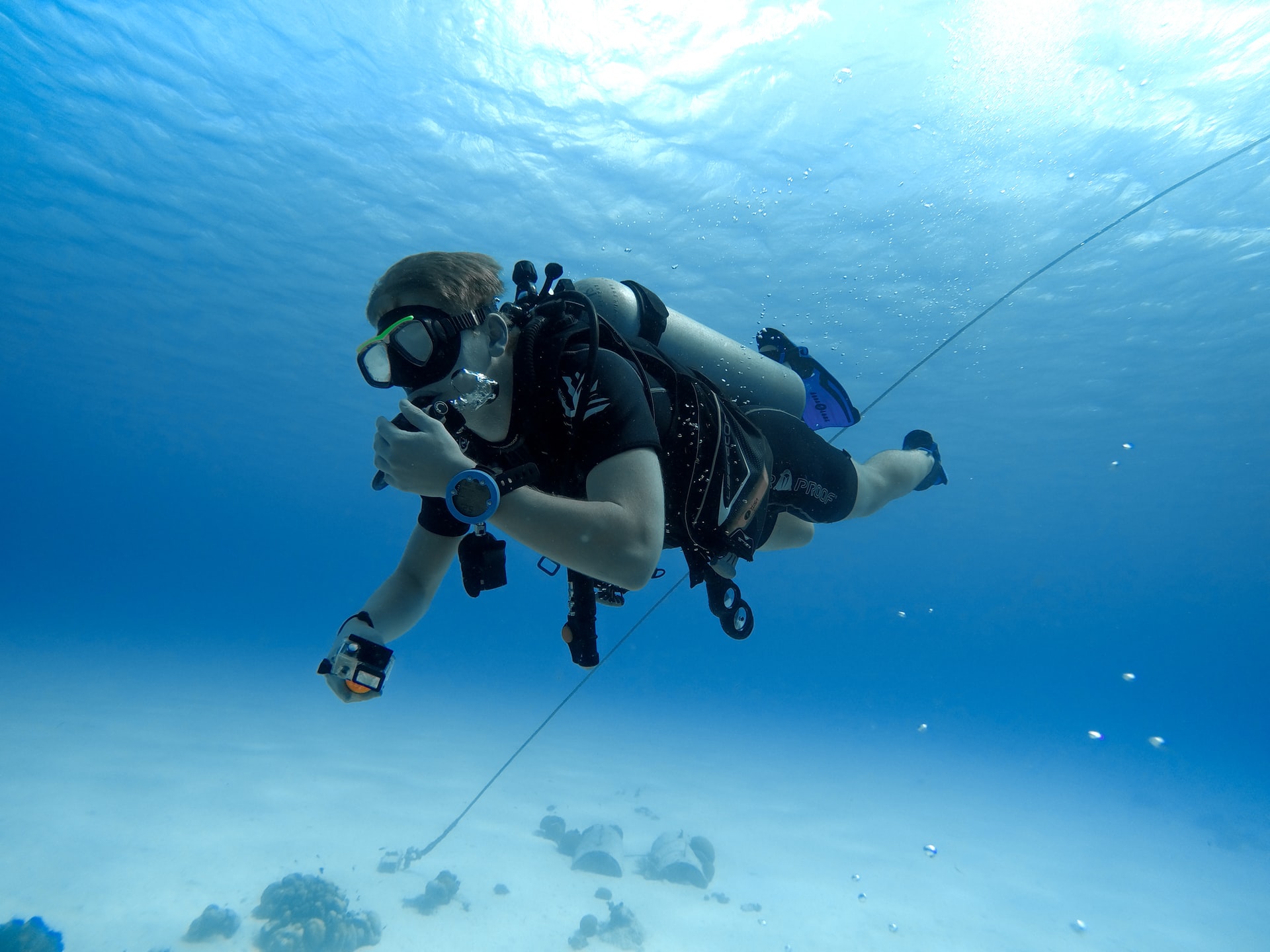
Are Scuba Divers Athletes? All the Facts (+New Competitive Forms)
-
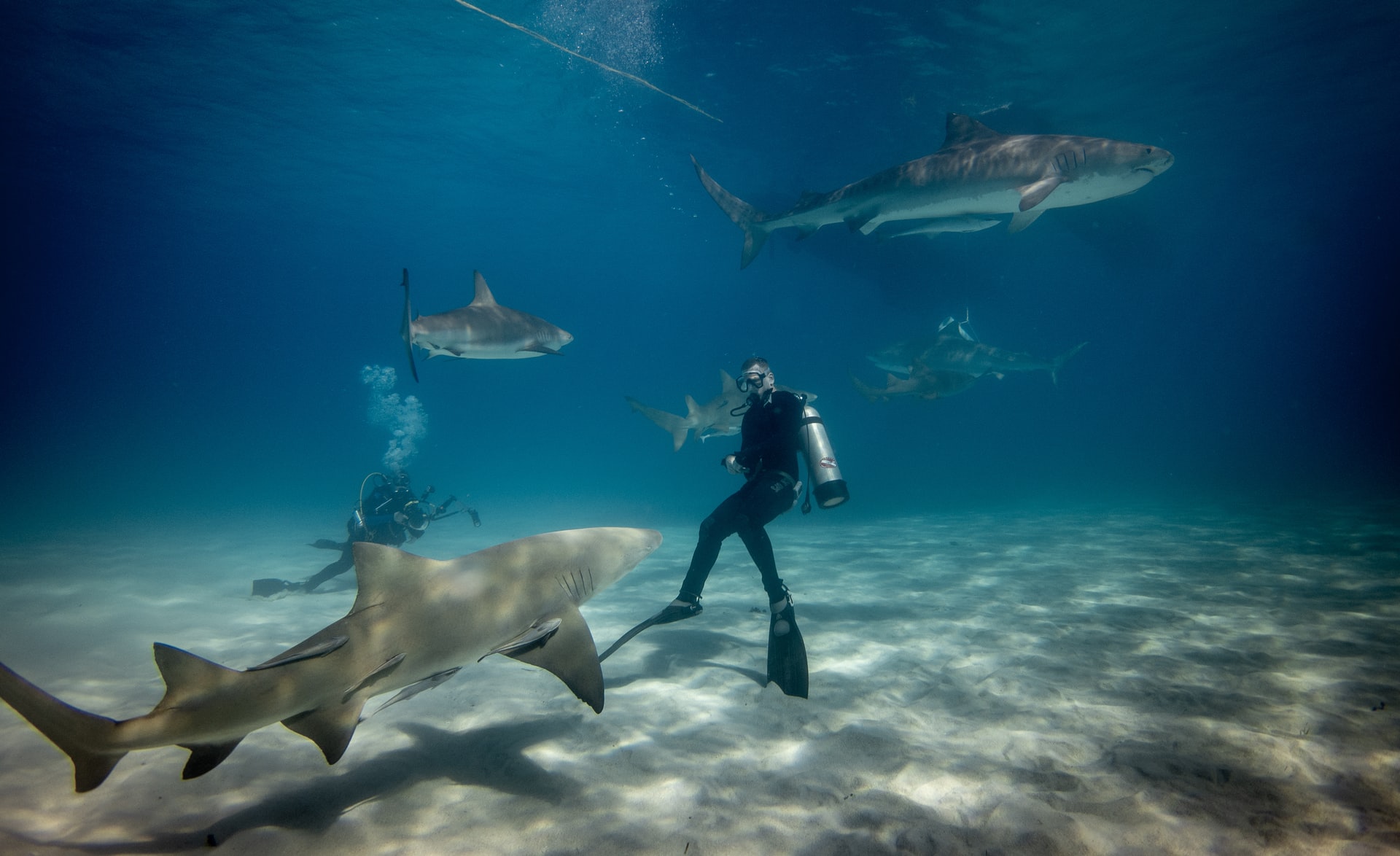
Are Sharks Scared of Scuba Divers? (What Every Diver Must Know)
-
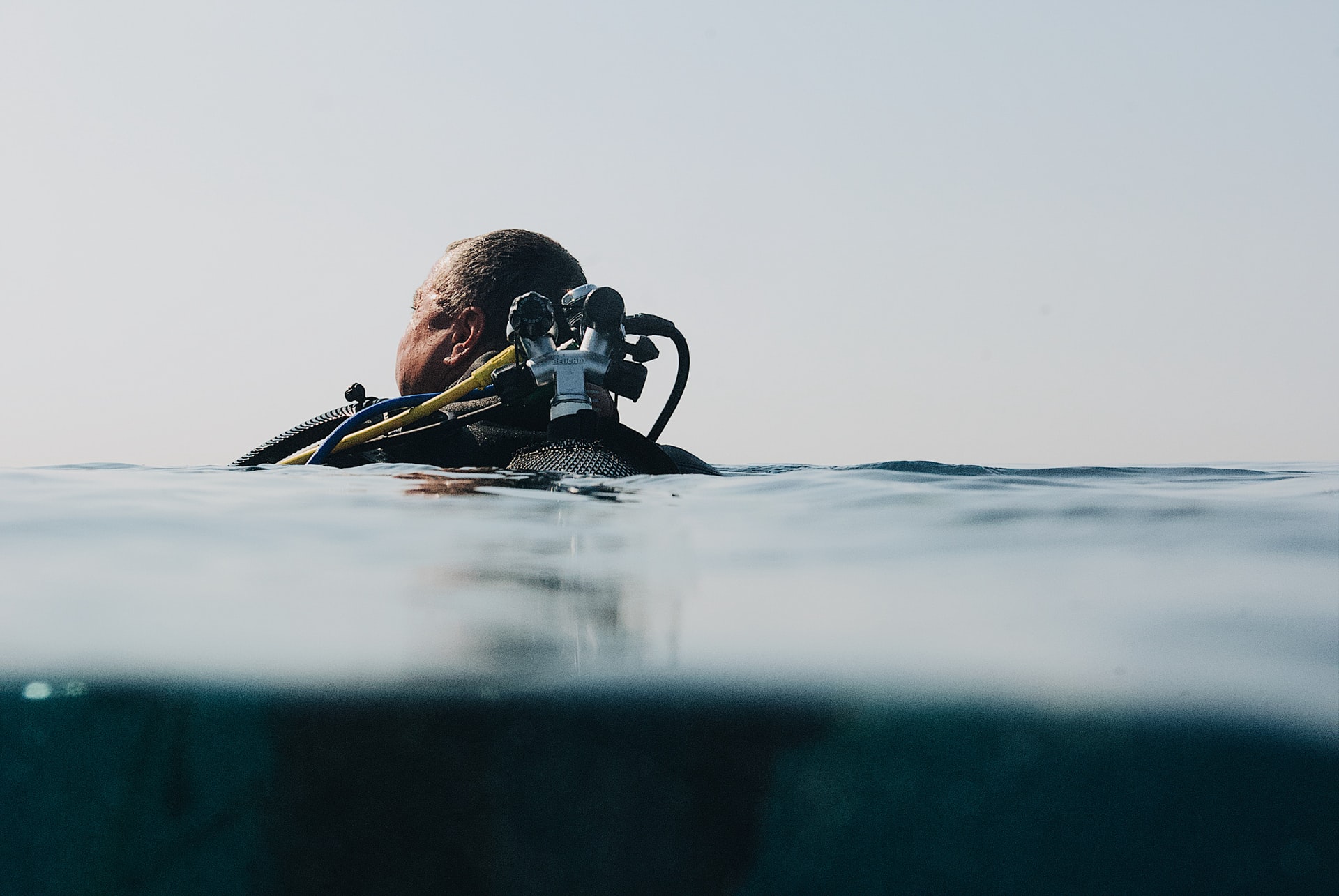
Who Should Not Scuba Dive? 17 Reasons (Every Diver Should Know)
-
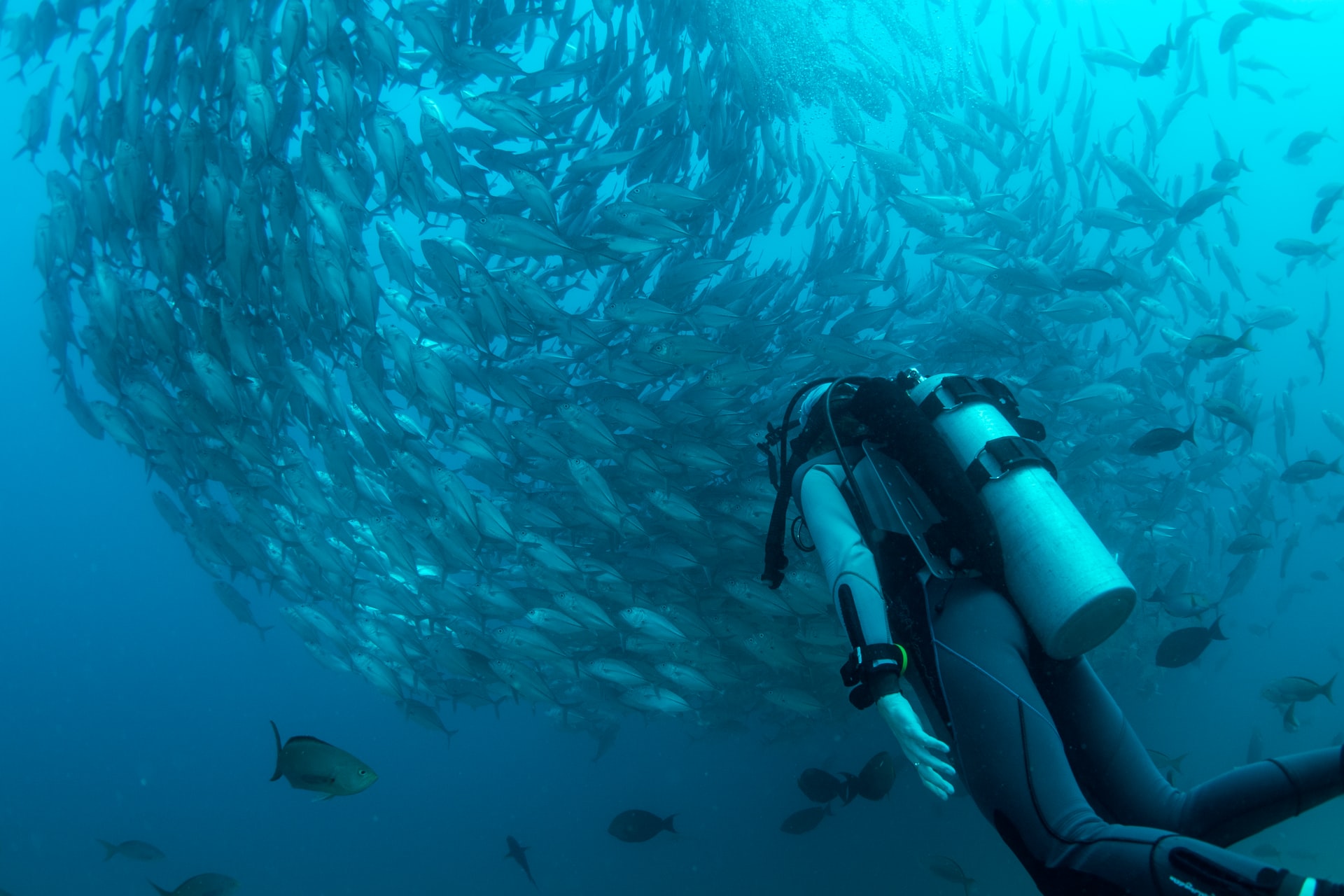
Should I Be Scared of Scuba Diving? 8 Common Fears (Debunked)
-
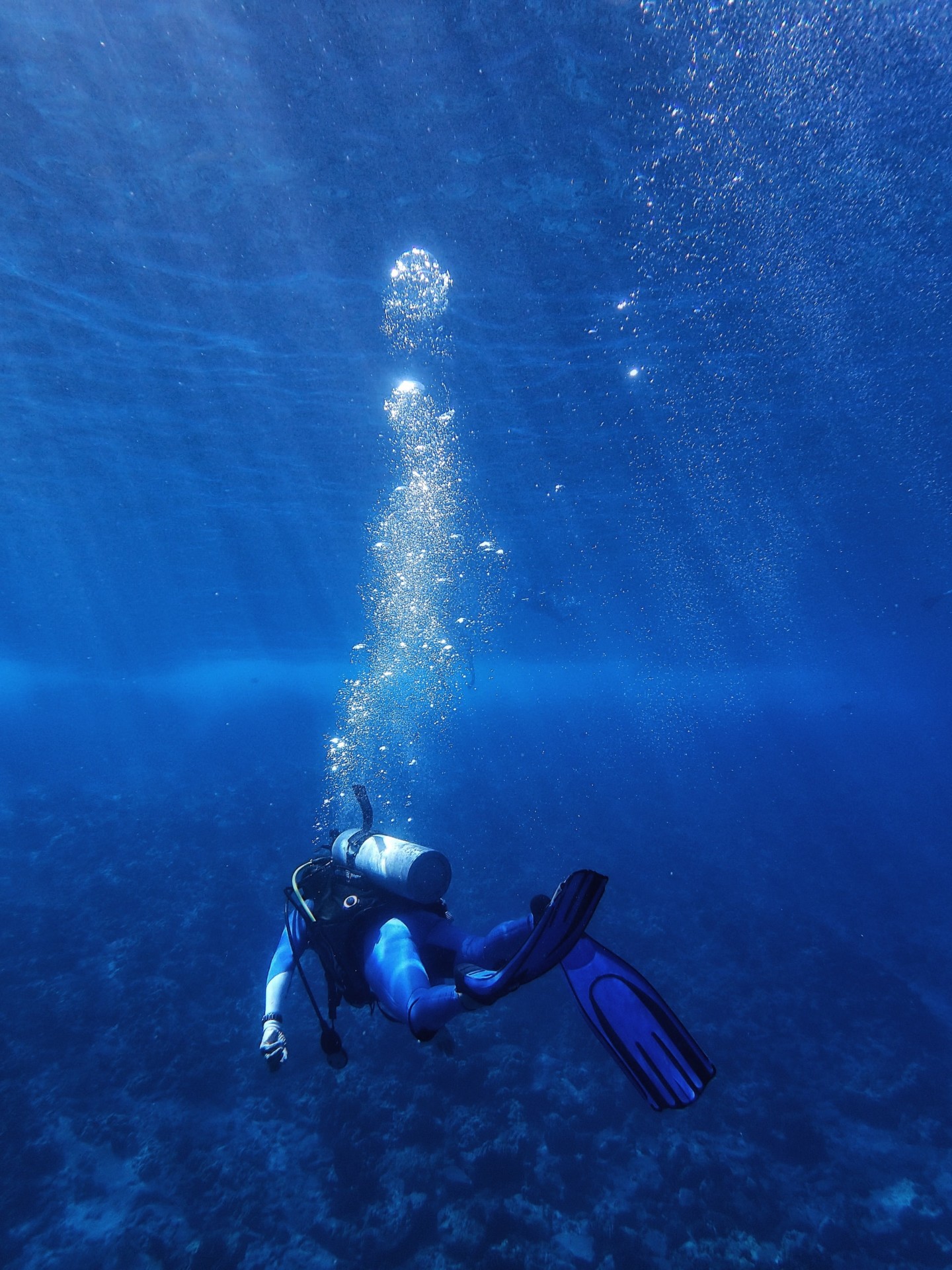
Why Do Scuba Divers Use More Air at Depth? (+4 Practical Tips)
-
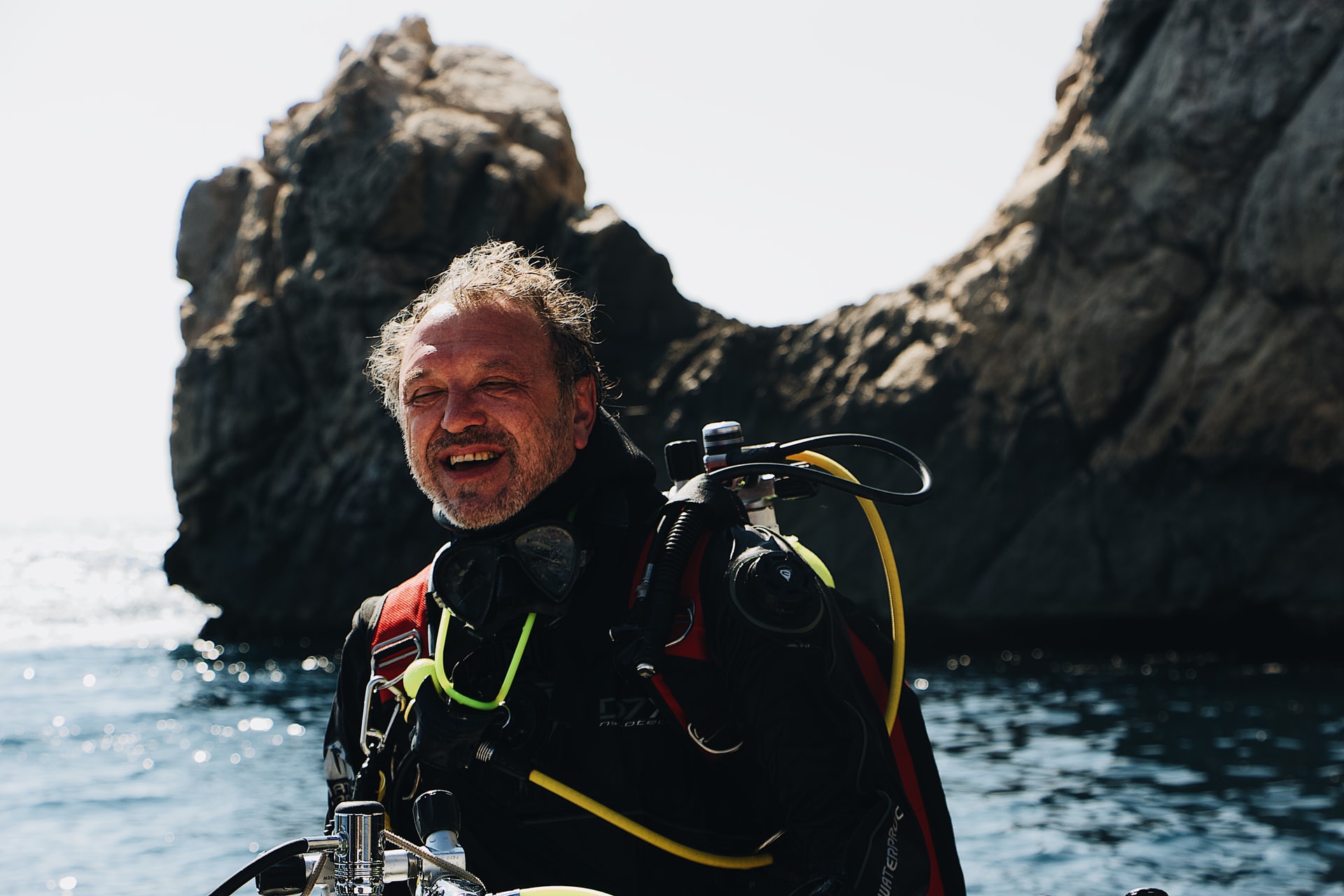
At What Age Should You Stop Scuba Diving? (+9 Tips for Older Divers)
-
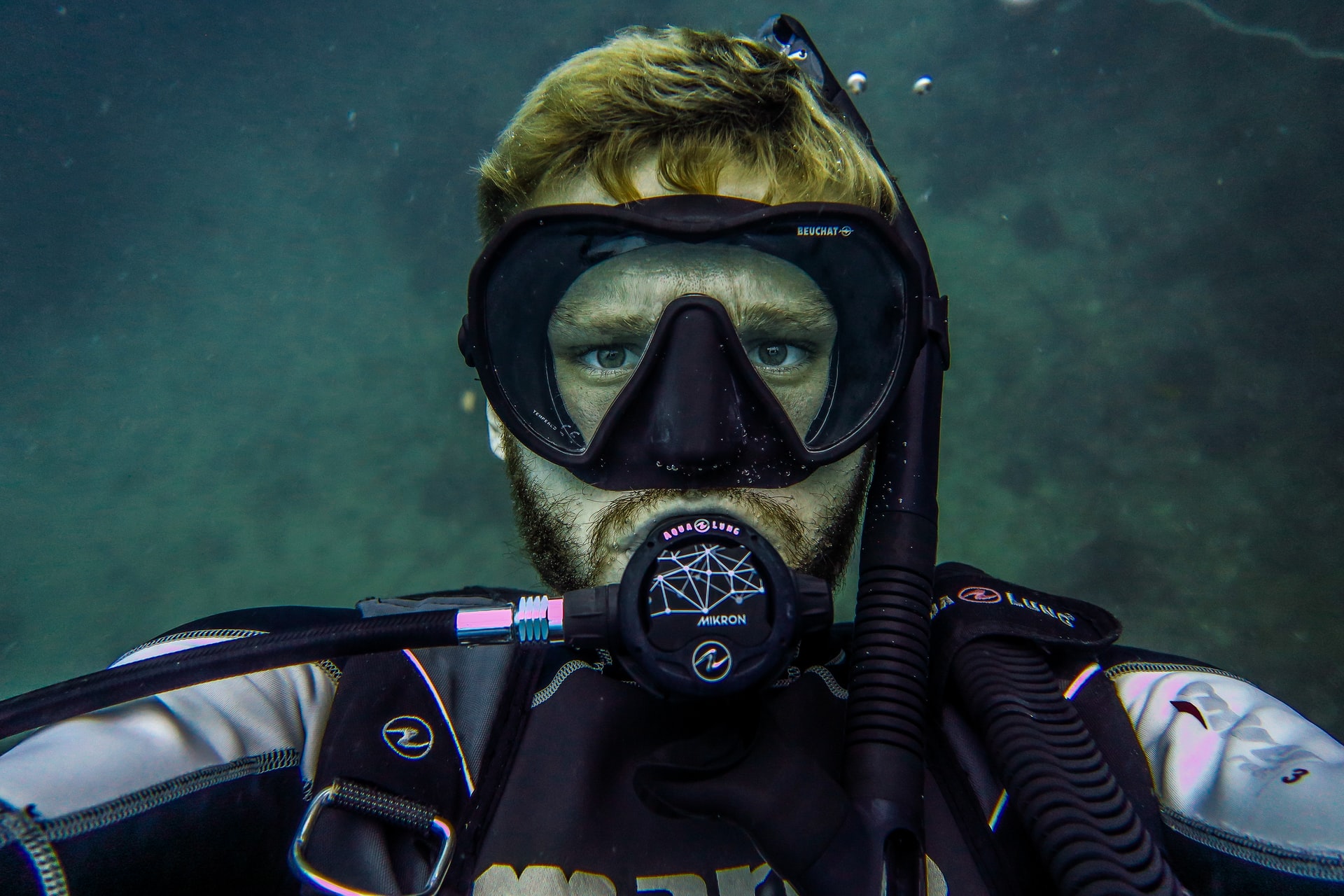
Should I Shave Before Scuba Diving? Crucial Facts (+9 Helpful Tips)
-
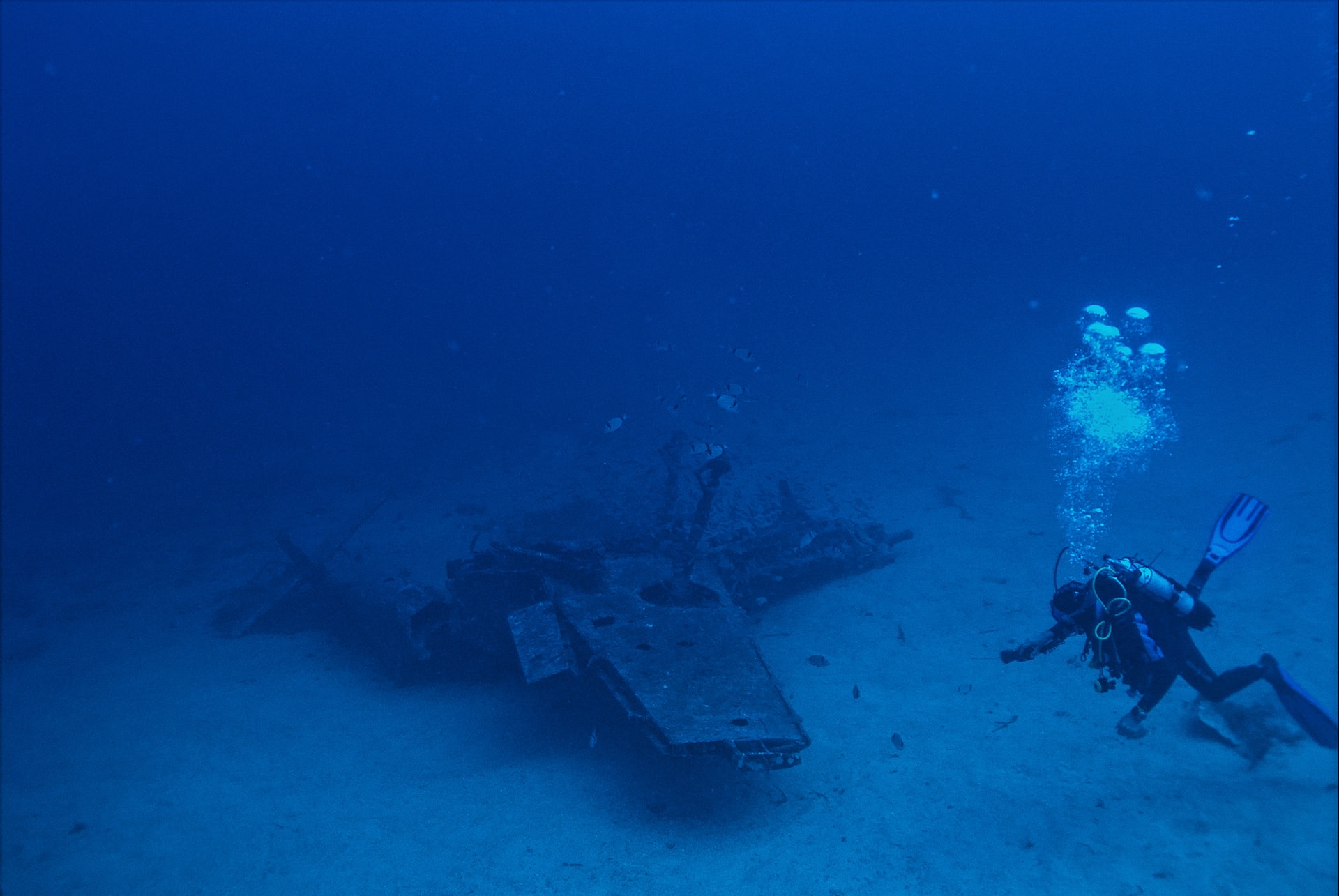
Why Do Scuba Divers Use Helium? (+Its Pros & Cons)
-
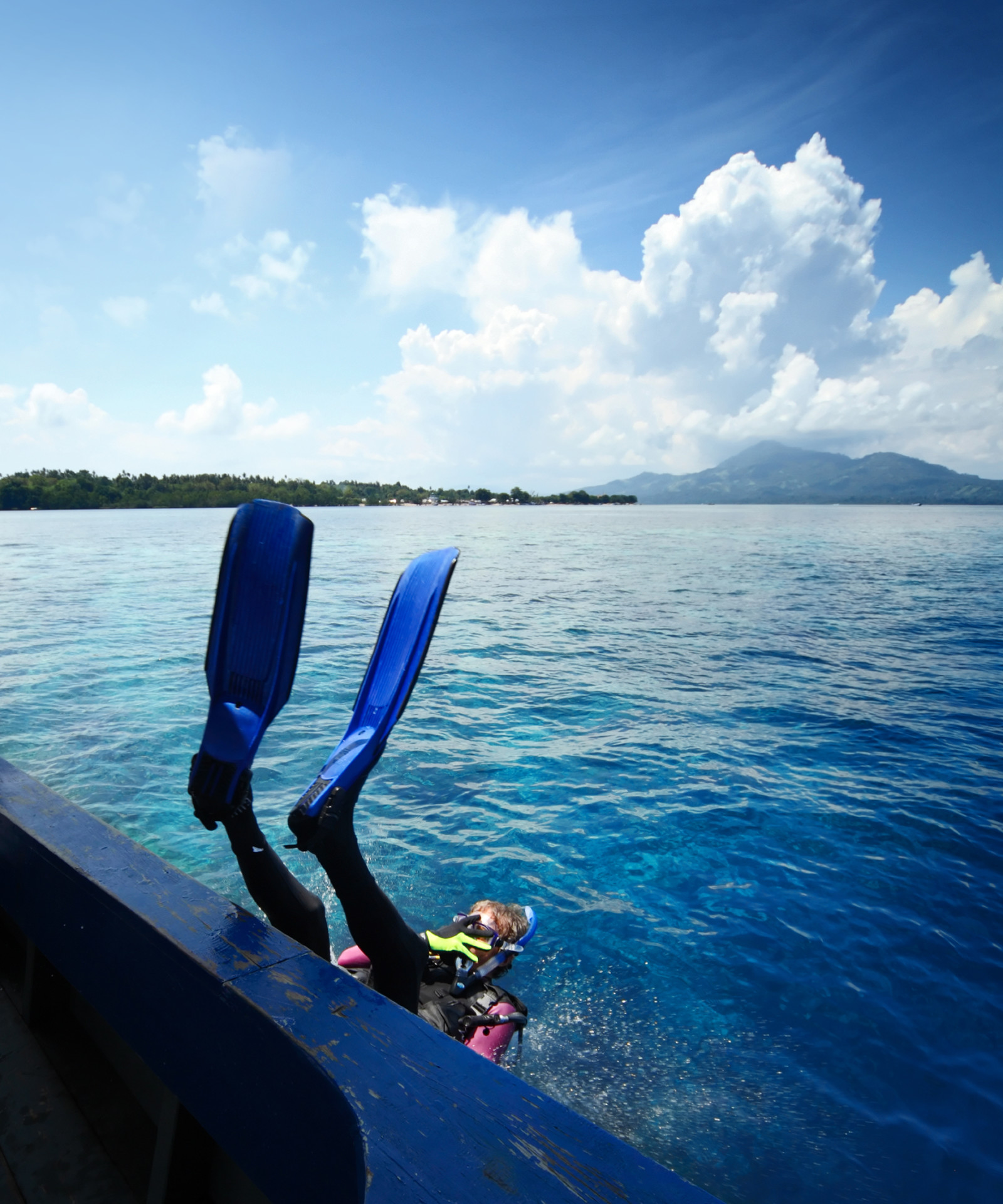
Why Do Scuba Divers Go in Backwards? (+3 Alternative Entries)
-
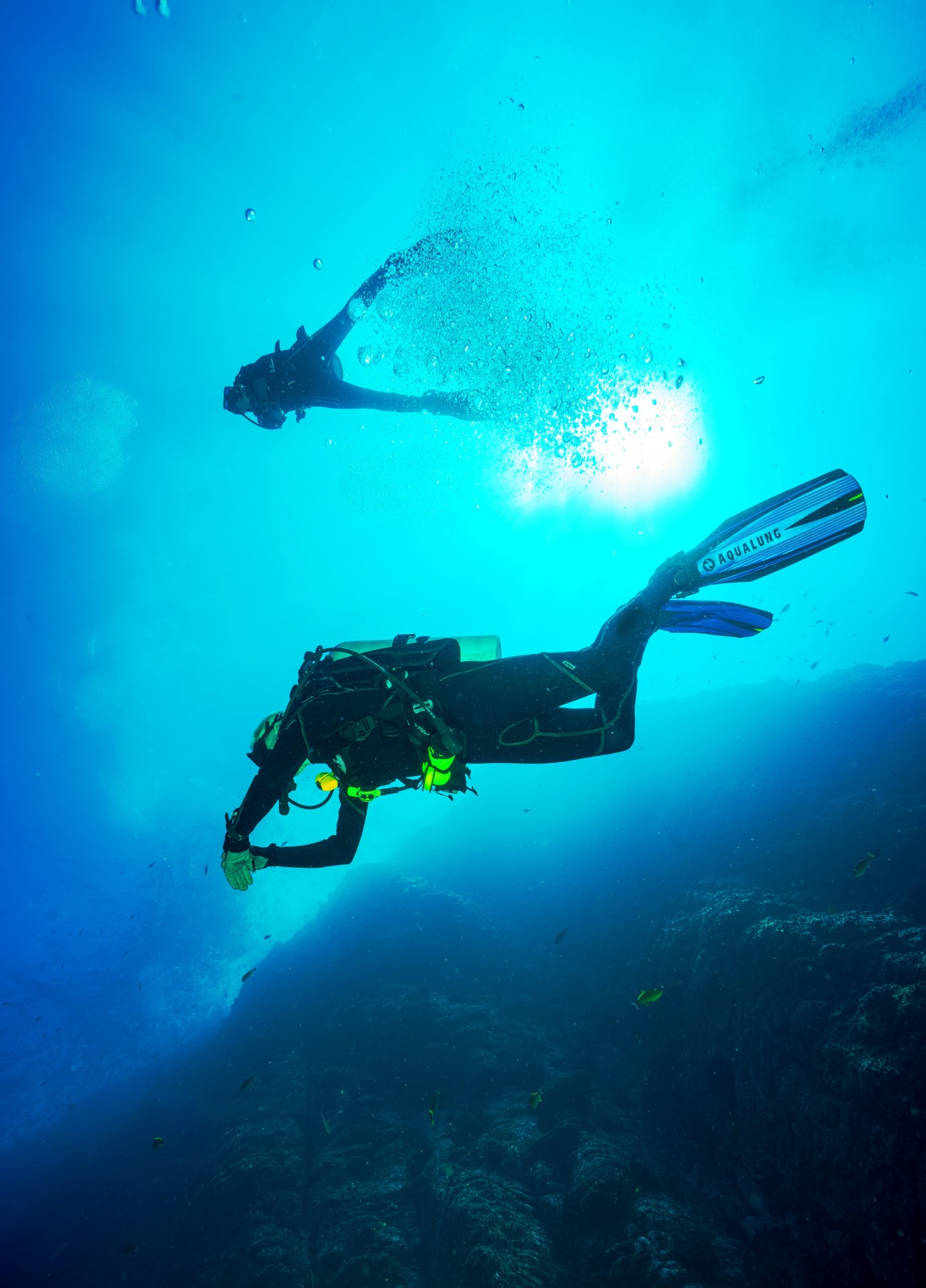
How Do Scuba Divers Sink and Float? (+Tips to Get It Right)









